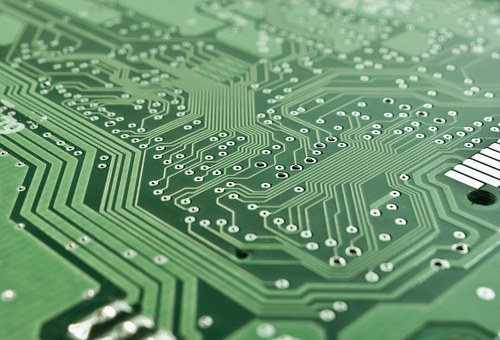AI isn’t taking your job anytime soon

AI has become an integral part of the modern world, increasingly embedded in both personal and professional spheres. Its growth and integration into various sectors have sparked a broad spectrum of reactions, from excitement about its potential to improve efficiency and creativity, to concern over its implications for job security and the future of work.
AI, at its core, is a technology designed to simulate human intelligence, enabling machines to perform tasks that typically require human intelligence, such as understanding natural language, recognizing patterns, making decisions, and learning from data. Its applications are diverse, ranging from simple tasks like filtering spam emails to more complex ones like diagnosing diseases, driving autonomous vehicles, and personalizing learning experiences.
Despite the rapid advancements and the undeniable benefits AI brings to industries by optimizing operations, enhancing productivity, and fostering innovation, there’s a pervasive fear that it will lead to widespread job displacement. Many people worry that AI’s ability to automate tasks will render human workers obsolete in various roles, particularly those involving repetitive or routine tasks.
However, this viewpoint often overlooks the dynamic nature of technological progress and the labor market. History has shown that while technology can disrupt certain jobs, it also creates new opportunities and industries that demand new skills and roles. Rather than merely taking away jobs, AI is more likely to transform them, requiring workers to adapt and acquire new competencies. It’s a catalyst for change, pushing both individuals and organizations to evolve and find new ways to leverage human and machine collaboration for enhanced productivity and innovation.
“Technology really does have a large impact on our daily lives – not just in our everyday activities but our livelihoods. At the beginning of the 20th century the most in-demand jobs were in agriculture. By 1950 we saw the need for bus drivers and factory workers. And by the time we reached the year 2000 the fastest growing field was software engineers, customer support specialists and other knowledge workers,” shares Iterate.ai Co-Founder Brian Sathianathan.
The landscape of employment has always been subject to change, molded by the technological, economic, and social shifts of each era. However, since the dawn of the 21st century, this transformation has entered a period of unprecedented acceleration. Advances in technology, particularly in areas such as artificial intelligence, robotics, and digital communication, have redefined the nature of work, the structure of industries, and the skills required for future job markets. This rapid evolution challenges the traditional notions of career paths and job stability, urging both individuals and organizations to adapt swiftly to keep pace. As history has repeatedly shown, although change can be disruptive, it also opens doors to new opportunities, innovations, and ways of working that can enrich the job market and society as a whole.
“The faster technology progresses the more elevated jobs will become, especially when it comes to AI. Right now AI is focusing on enhancing our professions, allowing our professionals more time to focus on the big picture, and we will continue to adapt our skills and education to meet the evolution of our job market,” states Sathianathan.
The integration of AI into our lives is not just an inevitable future but a present reality that shapes the way we work, interact, and progress. While concerns about job displacement and the obsolescence of traditional roles are valid, they do not fully capture the transformative potential of AI. This technology, with its capacity to automate, analyze, and enhance, offers a chance to elevate human work rather than replace it, pushing us towards a future where creativity, strategic thinking, and interpersonal skills are more valued than ever. As we navigate this shift, the ability to adapt, learn, and innovate will be crucial for individuals and organizations alike. The evolution of the job market under the influence of AI is not just a challenge but an opportunity to redefine what work means in the human experience, making it more meaningful, efficient, and impactful. Embracing AI’s potential will enable us to not only survive but thrive in this new era, creating a future where technology and humanity are inextricably linked in the pursuit of progress and well-being.




